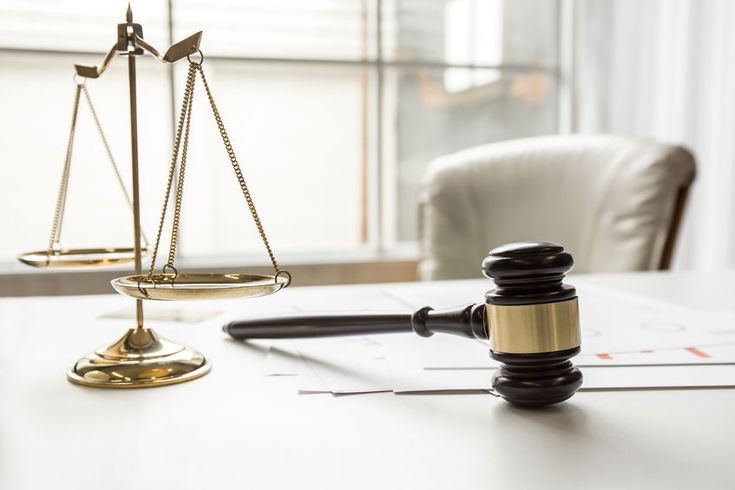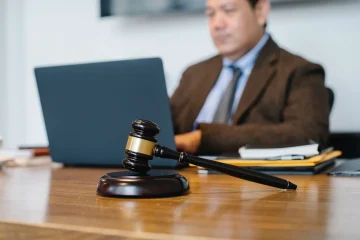Filing for bankruptcy is a significant financial decision that impacts various aspects of your life, including your credit cards. If you’re considering this path, it’s important to understand how your credit cards will be affected and how a bankruptcy lawyer in Clearwater can play in this process.
Your credit cards are directly impacted when you file for bankruptcy, whether Chapter 7 or Chapter 13. In Chapter 7 bankruptcy, or liquidation bankruptcy, your assets are sold off to pay your debts. This type of bankruptcy typically results in the cancellation of most, if not all, of your credit card debt. Once you file, your creditors, including credit card companies, will be notified. They will then close your accounts, and you will no longer have access to those lines of credit. It’s important to note that even if you have a zero balance on a credit card, the account will likely still be closed once you file for bankruptcy.
In Chapter 13 bankruptcy, known as reorganization bankruptcy, you propose a repayment plan to pay back a portion of your debts over three to five years. During this period, your credit cards will be frozen, meaning you won’t be able to use them. The repayment plan may include paying back some or all of your credit card debt. Once you complete the repayment plan, any remaining unsecured debt, including credit card debt, may be discharged.
One of the most immediate effects of filing for bankruptcy is the automatic stay. This legal provision halts all collection activities, including phone calls, wage garnishments, and lawsuits. Credit card creditors can no longer pursue you for unpaid balances. This provides temporary relief from the constant pressure of debt collectors and gives you the space to reorganize your finances.
A bankruptcy lawyer can be instrumental in navigating this complex process. They can help you determine which type of bankruptcy is most appropriate for your situation and ensure that all necessary paperwork is completed accurately and on time. Additionally, a lawyer can negotiate with creditors on your behalf and represent you in court proceedings. This professional guidance can be invaluable in avoiding common pitfalls and making informed decisions about your financial future.
After your bankruptcy is finalized, rebuilding your credit becomes a priority. While having your credit cards closed and your debts discharged or reorganized can initially lower your credit score, you can begin rebuilding your creditworthiness. One of the first steps is to obtain a secured credit card. Unlike traditional credit cards, secured credit cards require a cash deposit that serves as your credit limit. Using a secured credit card responsibly by making on-time payments and keeping your balance low can help you rebuild your credit over time.
Reviewing your credit report regularly is important to ensure that all discharged debts are accurately reported. Any discrepancies can be disputed with the credit bureaus. Over time, as you establish a history of responsible credit use, your credit score will gradually improve. A bankruptcy lawyer can guide you on the best strategies for rebuilding your credit post-bankruptcy.
Filing for bankruptcy is not an end but a new beginning. It offers a way to discharge or reorganize overwhelming debt and provides a path to financial recovery. Understanding what happens to your credit cards during this process is key to managing your expectations and planning for the future. By working with a knowledgeable bankruptcy lawyer in Clearwater, you can navigate the complexities of bankruptcy with greater confidence and clarity.
In conclusion, filing for bankruptcy will significantly impact your credit cards, either by discharging the debt or reorganizing it under a repayment plan. The automatic stay provides temporary relief from creditors, and a bankruptcy lawyer in Clearwater can offer essential guidance throughout the process. After bankruptcy, rebuilding your credit requires diligence and responsible financial behavior, but it is possible with the right strategies and support.



